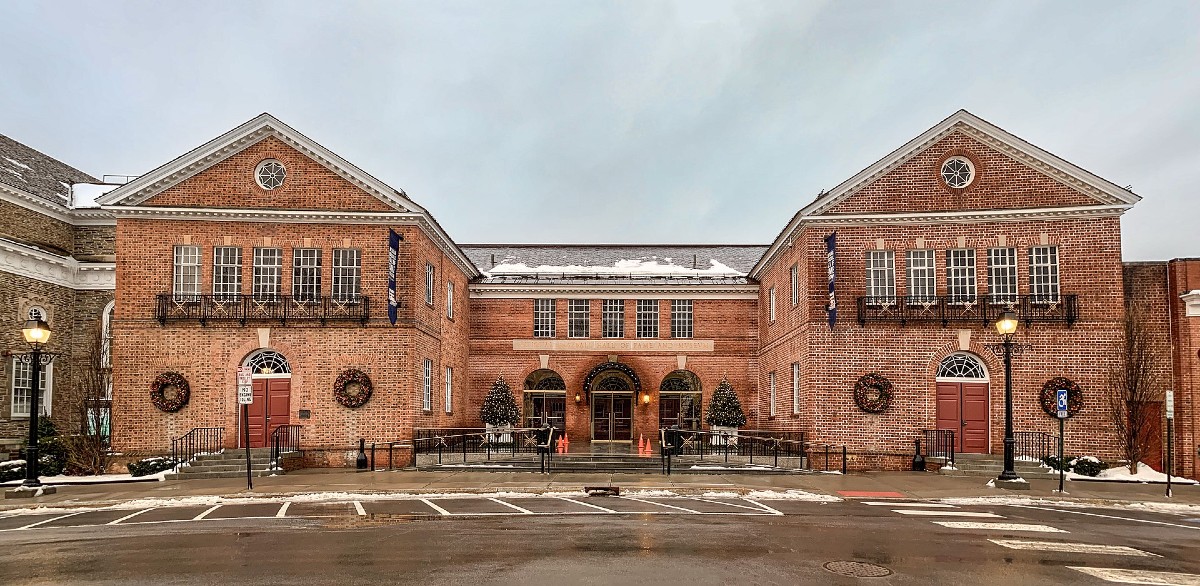By Elliott Brack
Editor and Publisher, GwinnettForum
JUNE 20, 2023 | Though I had never heard of Edward Stack before, he’s a hero of mine.
![]() Mr. Stack died recently at age 88 in New York. He had served for 60 years in leadership roles of the National Baseball Hall of Fame, ending as president and chairman. And he’s my hero because he’s the person who is responsible for keeping Pete Rose out of the Hall of Fame because of his gambling addiction.
Mr. Stack died recently at age 88 in New York. He had served for 60 years in leadership roles of the National Baseball Hall of Fame, ending as president and chairman. And he’s my hero because he’s the person who is responsible for keeping Pete Rose out of the Hall of Fame because of his gambling addiction.
No doubt about it. Pete Rose was a stellar baseball player for years. But his habit of betting on the game, even ones in which he was playing, got him banned from baseball by Baseball Commissioner A. Bartlett Giamatti. Mr. Stack came up with the idea to disqualify him for the Hall of Fame because “of the moral dimension of being elected to the Hall.”
Here’s where I learned a great deal, and suspect that most readers will learn a lot, too. Major League Baseball does not control the National Baseball Hall of Fame in Cooperstown, N.Y. The Hall of Fame is a nonprofit, founded, owned and controlled by the Clark family of Cooperstown. And all this is a fascinating story, one that also involves the Singer Sewing Machine Company.
Isaac Merritt Singer came up with the world’s first sewing machine in 1850. In 1851 Isaac Singer patented the first practical sewing machine.
But Singer had legal problems in protecting his invention. He sought help from attorney Edward Clark, who became his partner. It was Clark that came up with the idea that made both rich. He created the hire-purchase plan, which was the first American installment plan. Housewives in Iowa or Georgia could order a Singer sewing machine, and make $2 monthly payments with their egg money. When Edward Clark died in 1882, he was worth $25 million, ($600 million in today’s money).
Edward Clark invested in real estate, and he developed a family compound in Cooperstown, N.Y., where the family’s fortune and influence continues to this day. Residences, business, and properties related to the Clark family are all over Cooperstown. And, yes, it was the Singer fortune, via the Clark family, that funded the Baseball Hall of Fame.
The Clark family has dominated Cooperstown and the region around it for five generations. The Clarks own just about everything, starting with the grand Otesaga Hotel, where Hall of Famers are put up during Induction Week. The family founded the local hospital and donated the land for the public schools. The Clark Foundation decorates the town for the holidays, and more or less takes care of whatever civic emergencies arise. And, of course, the Clarks control the Hall of Fame.
When the Clarks suggested the Hall of Fame, the timing was perfect. Baseball was about to celebrate its centennial in 1939, just a few years hence. The Clarks went to the commissioner of baseball, Judge Kenesaw Mountain Landis, and proposed that the birthday be celebrated in Cooperstown. This idea was too good to turn down. Clark would take care of building the museum. Washington, D.C., courtesy of the WPA, was providing the stadium. The Hall of Fame was a publicity bonanza for baseball, and it wouldn’t cost Landis or his bosses, the team owners, a red cent.
Edward Stack was born in Rockville Centre, N.Y. to a carpenter and homemaker. He graduated from Pace University, and got his first job as an accountant for a Clark company, and worked for the Clark family his whole life. And thanks to Edward Stack, he kept a guy banned from baseball forever away from the Hall of Fame’s other luminaries.
- Have a comment? Send to: elliott@brack.net










Follow Us